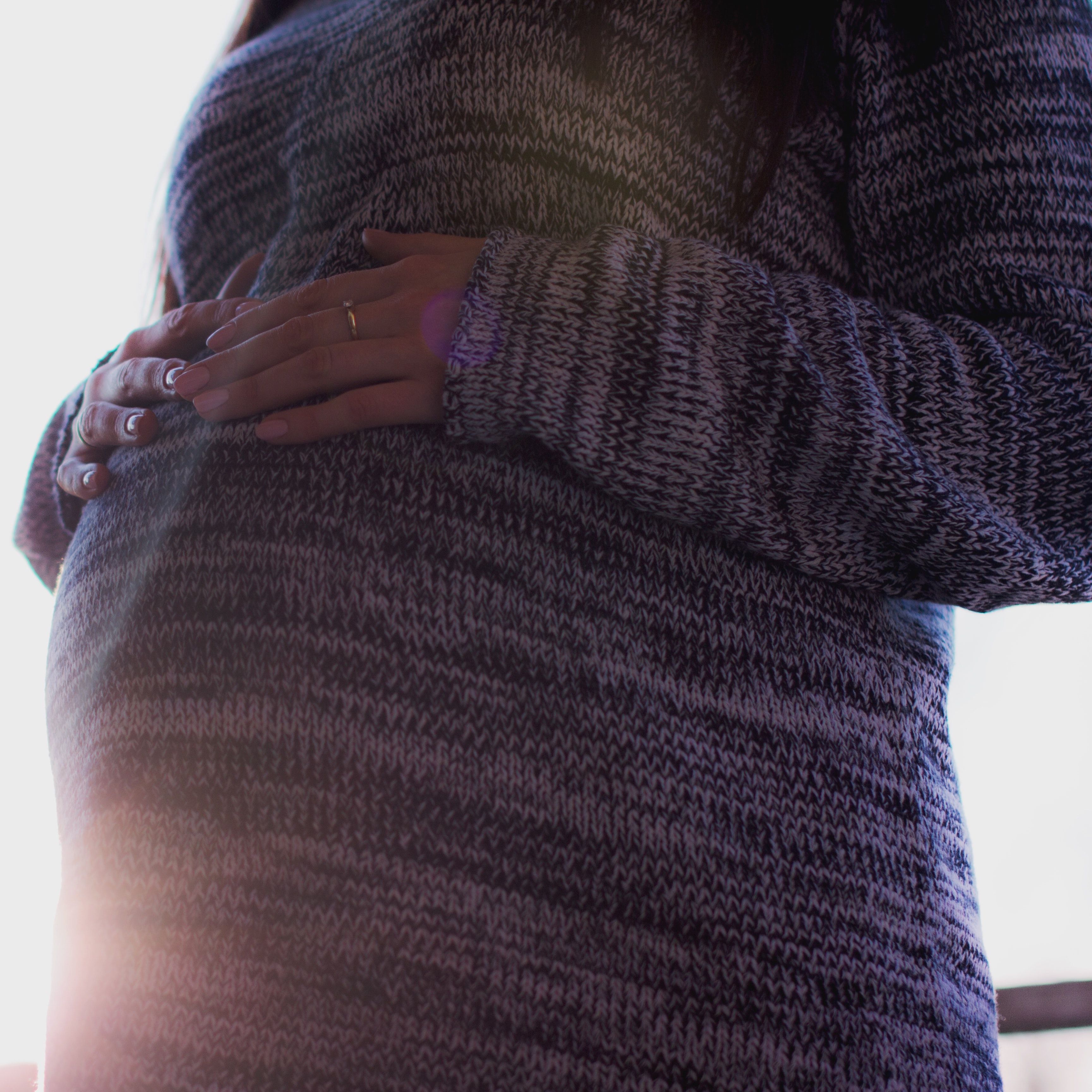Worse Gestational Diabetes Birth Outcomes Associated with Late Nights
Evening and late-night preferences of women with GDM is linked to a significantly greater risk of preeclampsia and NICU treatment.

Women with gestational diabetes who have a tendency to stay awake later than average face a significantly greater risk of pregnancy-related events, according to a new study.
In data presented at ENDO 2021 from a research team in Brazil, pregnant women with gestational diabetes who preferring evening and late-night activity reported a three-fold greater likelihood of preeclampsia, and a four-fold greater likelihood of receiving neonatal intensive care unit (NICU) treatment.
The research, led by Cristina F. Sampaio Facanha, MD, highlights the possible role of sleep health and quality in expecting mothers already managing gestational diabetes.
Facanha and colleagues noted that gestational diabetes mellitus (GDM) has become a greater complication in pregnancy over years, with its prevalence associated with adverse maternal and fetal outcome risks.
“Pregnancy is deeply influenced by the circadian rhythm and the misalignment of the maternal rhythm can lead to disturbances in the temporal organization of physiological and metabolic functions,” they explained.
The previously understood link between circadian rhythm disorders and diabetes has been well-defined, and now the investigators sough the influence of chronotype on maternal and fetal complication development during GDM pregnancy.
Their prospective cohort assessment included clinical data and behavior questionnaires collected via interview. Patients were gauged on relevant questionnaires regarding chronotype, sleep quality, daytime sleepiness, depressive symptoms, and insomnia characteristics, including:
- Morning-Eveningness-Questionnaire (MEQ)
- Pittsburgh Sleep Quality Index (PSQI)
- Epworth Sleepiness Scale (ESS)
- Edinburgh Postnatal Depression Scale (EDPS)
- Insomnia Severity Index (ISI)
Facanha and colleagues additionally obtained patient sleep diaries and actigraphic records.
Their final assessment included 305 GMD patients in their second or third trimester at the time of assessment. Another 89 patients completed the sleep diary, and 53 performed an actigraphic record.
Per MEQ, 49.5% of GDM patients identified as morning chronotypes; 43.6% as intermediate types; and 6.9% as evening type preference.
On average, evening preference patients were younger (P <.005), experienced worse sleep quality (P = .02), latter sleep midpoint (P = .01), and had greater prevalence of insomnia (P <.005) and depression (P = .004) before and during their pregnancy.
Investigators observed an association between evening type preference among GDM patients and pre-eclampsia (P = .02) and NICU admission (P = .03) during pregnancy.
In a statement accompanying the team’s findings, Facanha explained the value of the sleep-wake cycle, particularly among the observed population.
“Hormones, blood pressure and glucose, or blood sugar, metabolism follow circadian rhythms that synchronize with a master clock in the brain,” Facanha said. “When the circadian rhythm for the sleep-wake cycle is thrown off, it not only can create sleep problems but also can interfere with glucose metabolism, affecting pregnancy health.”
In closing, Facanha expressed hope that GDM patients with preference for evening activity are able to reduce their proclivities for the sake of their health.
“A change in habits and increased exposure to morning natural light, exercise and a reduction in blue screen light is an accessible form of treatment that can potentially improve health measures in pregnancy,” she said.
The study, “Maternal Chronotype and Pregnancy Outcomes in Gestational Diabetes,” was presented at ENDO 2021.